Python Cookbook. Recipes for Mastering Python 3. 3rd Edition David Beazley, Brian K. Jones
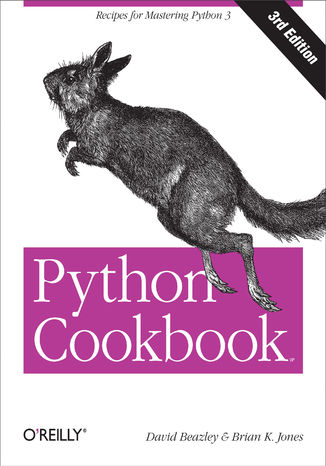



- Autorzy:
- David Beazley, Brian K. Jones
- Wydawnictwo:
- O'Reilly Media
- Ocena:
- Stron:
- 706
- Dostępne formaty:
-
ePubMobi
Opis
książki
:
Python Cookbook. Recipes for Mastering Python 3. 3rd Edition
If you need help writing programs in Python 3, or want to update older Python 2 code, this book is just the ticket. Packed with practical recipes written and tested with Python 3.3, this unique cookbook is for experienced Python programmers who want to focus on modern tools and idioms.
Inside, you’ll find complete recipes for more than a dozen topics, covering the core Python language as well as tasks common to a wide variety of application domains. Each recipe contains code samples you can use in your projects right away, along with a discussion about how and why the solution works.
Topics include:
- Data Structures and Algorithms
- Strings and Text
- Numbers, Dates, and Times
- Iterators and Generators
- Files and I/O
- Data Encoding and Processing
- Functions
- Classes and Objects
- Metaprogramming
- Modules and Packages
- Network and Web Programming
- Concurrency
- Utility Scripting and System Administration
- Testing, Debugging, and Exceptions
- C Extensions
Wybrane bestsellery
O'Reilly Media - inne książki
Dzięki opcji "Druk na żądanie" do sprzedaży wracają tytuły Grupy Helion, które cieszyły sie dużym zainteresowaniem, a których nakład został wyprzedany.
Dla naszych Czytelników wydrukowaliśmy dodatkową pulę egzemplarzy w technice druku cyfrowego.
Co powinieneś wiedzieć o usłudze "Druk na żądanie":
- usługa obejmuje tylko widoczną poniżej listę tytułów, którą na bieżąco aktualizujemy;
- cena książki może być wyższa od początkowej ceny detalicznej, co jest spowodowane kosztami druku cyfrowego (wyższymi niż koszty tradycyjnego druku offsetowego). Obowiązująca cena jest zawsze podawana na stronie WWW książki;
- zawartość książki wraz z dodatkami (płyta CD, DVD) odpowiada jej pierwotnemu wydaniu i jest w pełni komplementarna;
- usługa nie obejmuje książek w kolorze.
Masz pytanie o konkretny tytuł? Napisz do nas: sklep@helion.pl
Książka drukowana




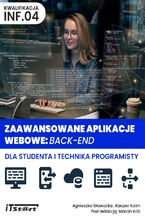

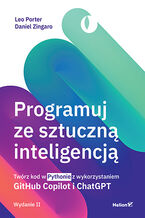


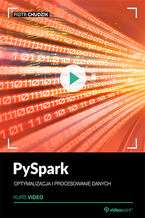



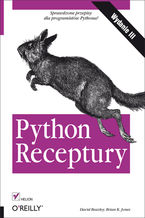





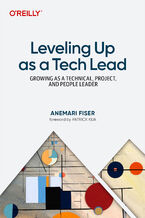

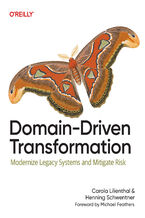
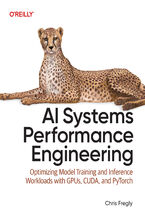

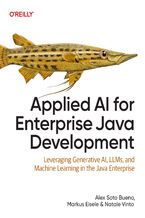
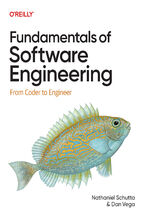
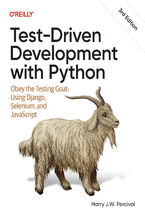
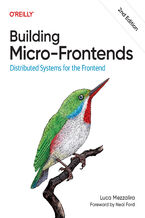
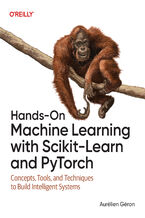
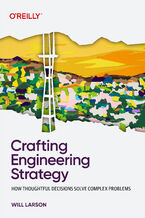



Oceny i opinie klientów: Python Cookbook. Recipes for Mastering Python 3. 3rd Edition David Beazley, Brian K. Jones
(0)